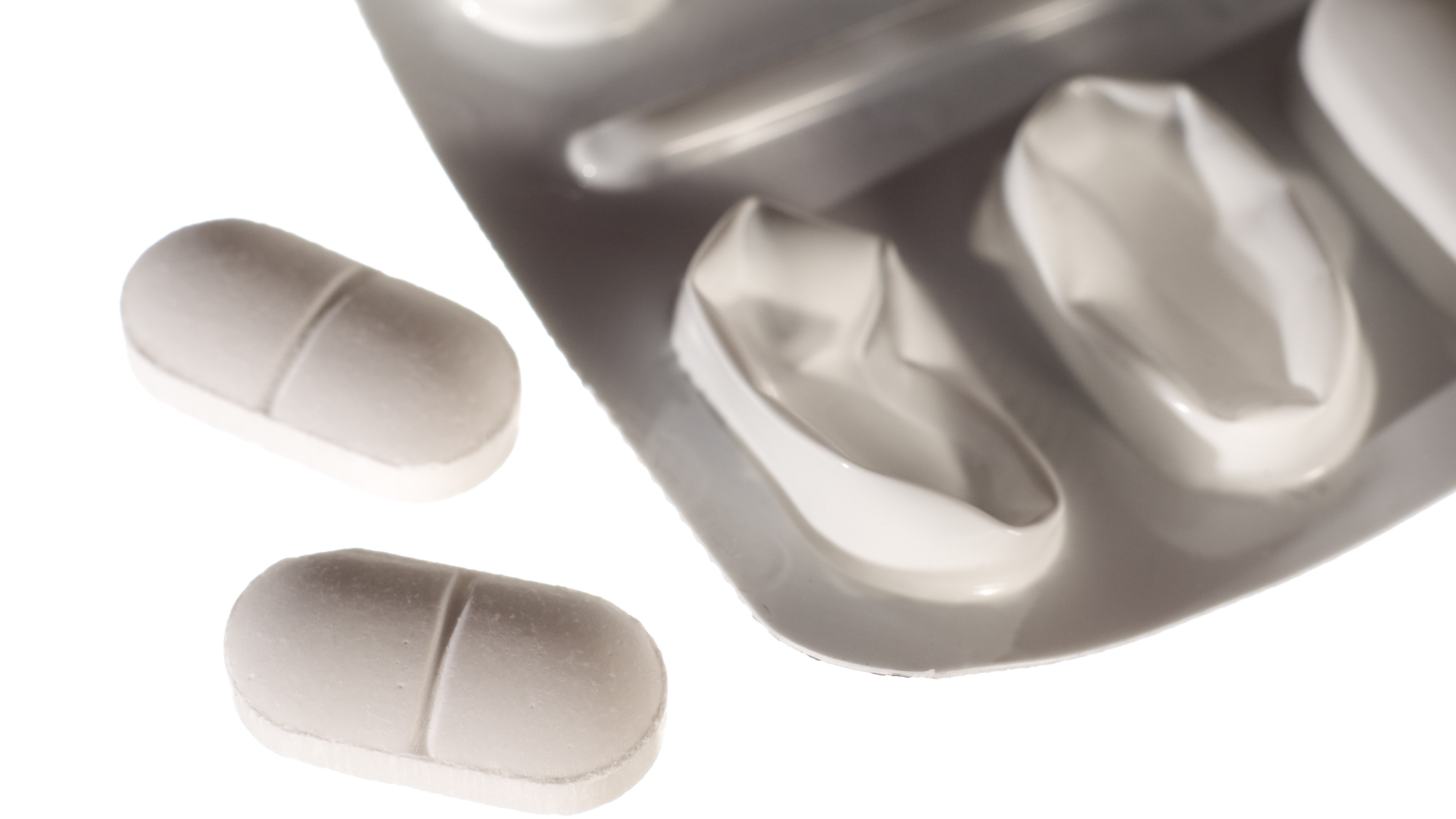What do you do if you want to have a good night out nowadays? Take MDMA. What do you do if you want to chill out? Smoke some pot. What about getting bigger and faster? Take steroids. It would be wrong to presume these directly influence a student’s decision to take a performance enhancing drug such as Modafinil; but, equally, it would be naive to think that they don’t harbour a culture that encourages a quick-fix solution.
Modafinil is a drug that was traditionally used to treat uncommon conditions such as narcolepsy and obstructive sleep apnea. Other general attention disorders are also treatable through the drug, whose wakefulness promoting mechanisms are still relatively unknown, and therefore not fully understood. This, however, has proved to be of little concern to students with big workloads. In 2013, The Telegraph reported that a quarter of students at leading institutions may have taken Modafinil in an effort to boost their work ethic. They need to study, and study hard, without sleep getting in the way. And so here we see the beginning of a potentially dangerous relationship.
The real danger, however, lies in the nonchalant attitude that surrounds drug culture. Substances that students have no real knowledge of are deemed as harmless because their friends take it, or “everyone else” takes it. The instances where it’s gone wrong are swept under the rug, or dismissed as anomalies. Of course, it’s entirely likely that students may experience little to no side effects with the drug. And they might, in turn, pass on their experiences to those who remain doubtful, despite having no point of reference other than themselves. This can then create a situation where a potential user feels invulnerable to the drug. And it’s this feeling of immunity that poses the biggest threat.
This obviously leads to the question of why. Why do students feel the need to take these prescription drugs (very often from coming from questionable websites)? Well, that part isn’t hard to explain. Anyone with experience of balancing module after module in their final year, slaving for hours over their dissertation, and all the while conscious of a lack of effort on their part, will understand.
But why put up with the self-doubt, when you can spend an unnatural amount of hours in the library, and do a weeks worth of work in one sitting. Besides, what you’re doing is harmless. It’s nothing in comparison to your friends, who take Ketamine to go clubbing, or cocaine at house-parties. They might have a come-down the next day, but they had a great time the night before. Anyway, alcohol gives you a hangover the next day as well, and everyone drinks that.
And so we come to the situation we find ourselves in presently; where students take no real precautions when it comes to drug consumption. All they need is their friend’s assurance and they feel content. Instead, students should question what they’re putting in their bodies. They shouldn’t disregard examples where it’s all gone wrong. And they shouldn’t feel immune to potential side-effects. This isn’t scaremongering, it’s just common sense. So maybe swap that packet of Modafinil for some willpower and organisation.

